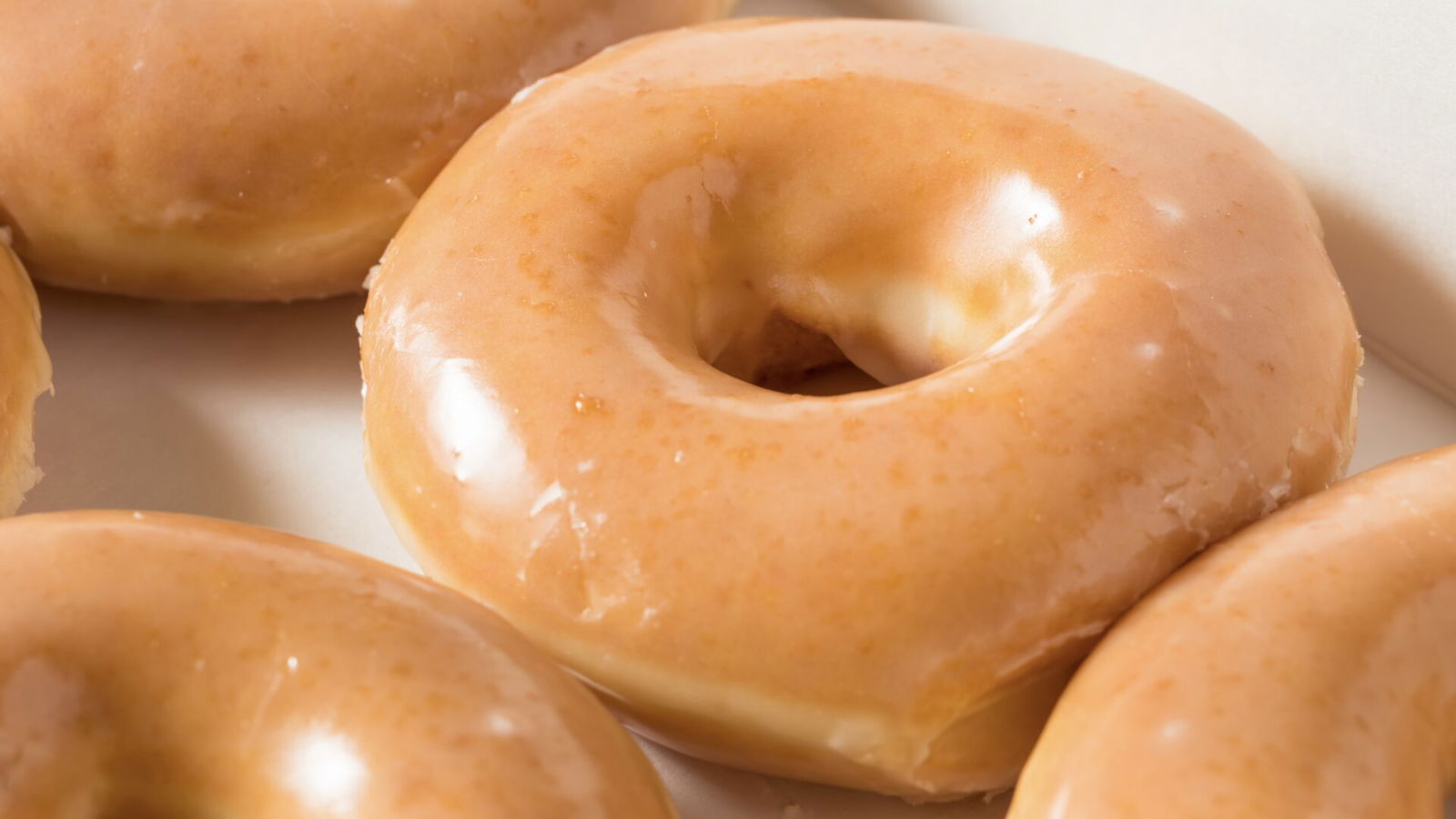
By India McCarty
Skincare trends like “glazed donut” and “glass” skin are sweeping TikTok and Instagram. What are they, and are they safe for your teen?
“[Glazed donut skin is] shiny, dewy, (borderline greasy) and hydrated skin,” New York aesthetician Tiara Willis told Women’s Health, joking, “Essentially, it’s what us oily-skinned people have always had and tried to manage by mattifying it with oil-blotting papers, but now we’re in style!”
Stars like Hailey Bieber have also promoted the trend. In a video produced by OBB Pictures, she shared, “My standard when I go to bed at night is that if I’m not getting into bed looking like a glazed donut, then I’m not doing the right thing.”
Trends like “glass” skin and “butter” skin are similar trends, emphasizing glossy, shiny skin. While teens are eager to follow these online trends, parents need to be aware of the physical effects they can have on their child’s skin and mental health.
Since teens often purchase and use the products that will help them achieve the glazed donut look without the input of a dermatologist, this might lead to acne breakouts or other negative skin changes.
Additionally, the pursuit of this “perfect” skin look can damage your child’s mental health, as they are chasing a standard that’s very difficult to live up to.
“Developmentally, young teens are very susceptible to any content which suggests that the product will make them more like other teens,” Dr. Betsy Kennard, a pediatric psychologist, told Parents. “Social comparison, especially among young girls, increases the pressure to strive for ‘improved beauty,’ which may be harmful.”
Dr. Leah Clionsky, a licensed psychologist and founder of Thriving Child Center, echoed Dr. Kennard’s comments.
“Even though teens know that social media is not ‘real,’ they still have a hard time remembering that many people are not maintaining these aesthetics all of the time,” she explained. “Teens compare themselves to unrealistically high standards, and their self-esteem drops when they can’t compete.”
Related: Is Social Media Wrecking Your Daughter’s Skin?
So, what can parents do to battle these negative side effects?
Dr. Clionsky recommended modeling healthy behavior and having open conversations with your teen.
“Notice if you’re criticizing your own appearance or obsessing over beauty trends,” she said, adding that parents should remind kids that what they see on social media is often far from the truth.
She also said parents can joke about the trends they had followed when they were young and later regretted.
“Show photos of yourself looking ‘cool’ when you were in high school,” Dr. Clionsky joked. “The idea is to put the trend, and all beauty trends, into perspective.”
There’s nothing wrong with your teen getting interested in skincare or makeup, but it’s important that they aren’t doing it to the detriment of their physical or mental health.
Read Next: Experts Weigh In On ‘Baffling’ Tween Skincare Trend



 - Content:
- Content: 

